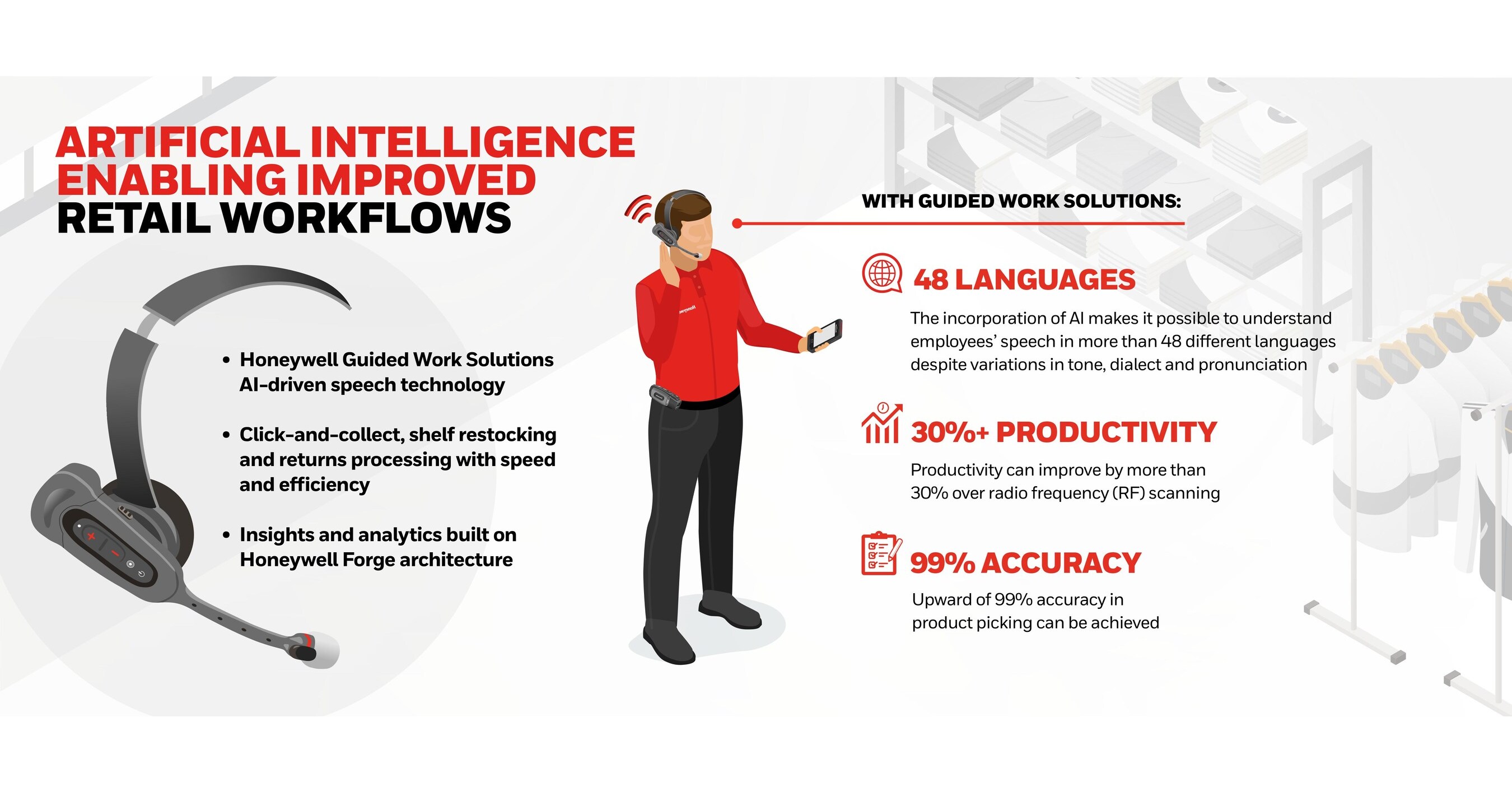Alex Kruglov is co-founder and CEO of pop.in.
As synthetic intelligence (AI) reshapes marketplace following sector, we will before long witness not just the automation of responsibilities but also the proliferation of elevated mediocrity—a tidal wave of “good enough” AI-pushed outputs that will flood marketplaces with astonishing speed. This relentless rate of disruptive imitation will do more than enhance productivity—it will spawn a cottage marketplace where regular self-disruption by glimpse-alikes is the norm, and the standard undertaking cash design struggles for relevance.
In this courageous new environment, every single groundbreaking idea will be instantly achieved with a legion of quickly followers, blurring the traces involving breakthrough and baseline, and reshaping the startup ecosystem as we know it.
The steep climb of AI competence
Within significantly less than a 10 years, AI has transformed from struggling with elaborate duties to mastering them with escalating relieve. The AI Index Report from Stanford University provides a startling snapshot of AI’s capacity explosion around the very last decade. AI capabilities demonstrate not just gradual advancement but also a sizeable leap toward and past human performance stages in many jobs. These designs are approaching the human baseline with such velocity that it underscores the exponential tempo at which AI technological innovation is evolving.
Consider the transformation in AI-produced imagery. As not too long ago as 2022, AI’s prompt-pushed renderings had been unimpressive, muddy approximations at finest. Fast forward a lot less than two a long time, and the pictures are not only recognizable but strikingly detailed, surpassing the artistic aptitude of quite a few human illustrators. The output is amazing. What’s a lot more wonderful is how quick and straightforward it is to get it. This new manner of artwork has instantly reset the baseline for what is expected.
And we are just having








